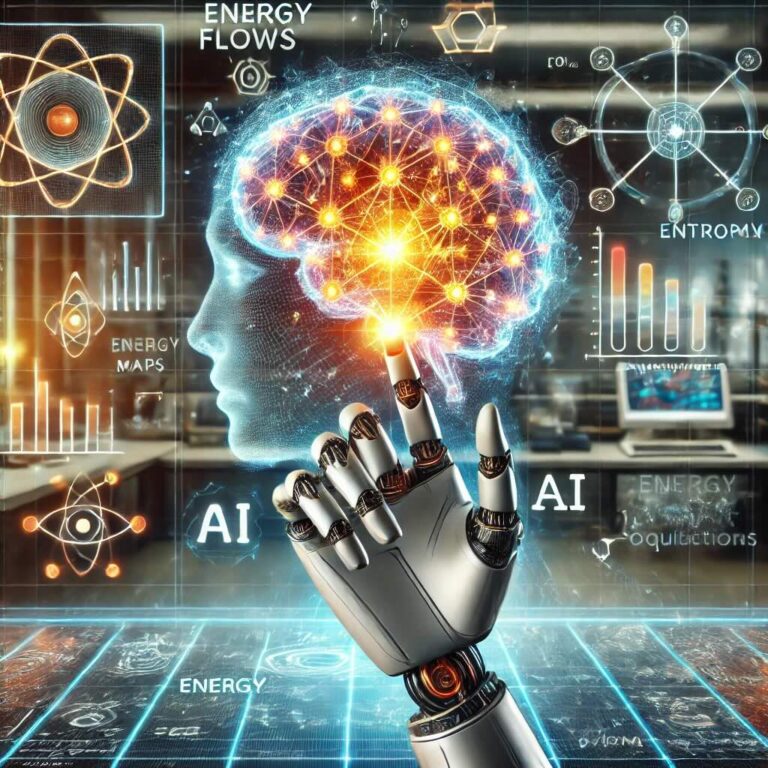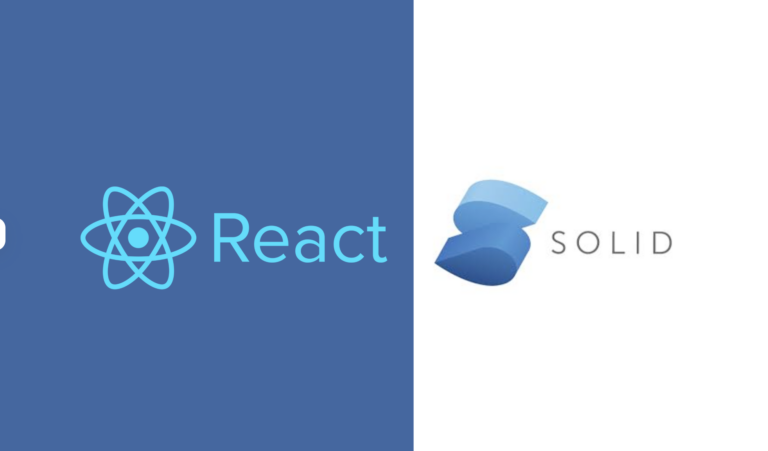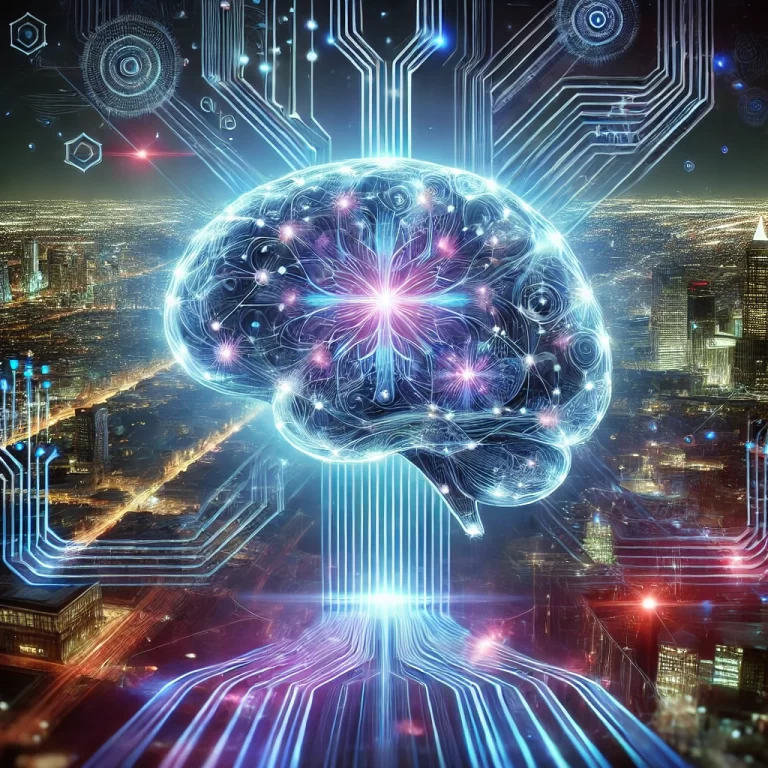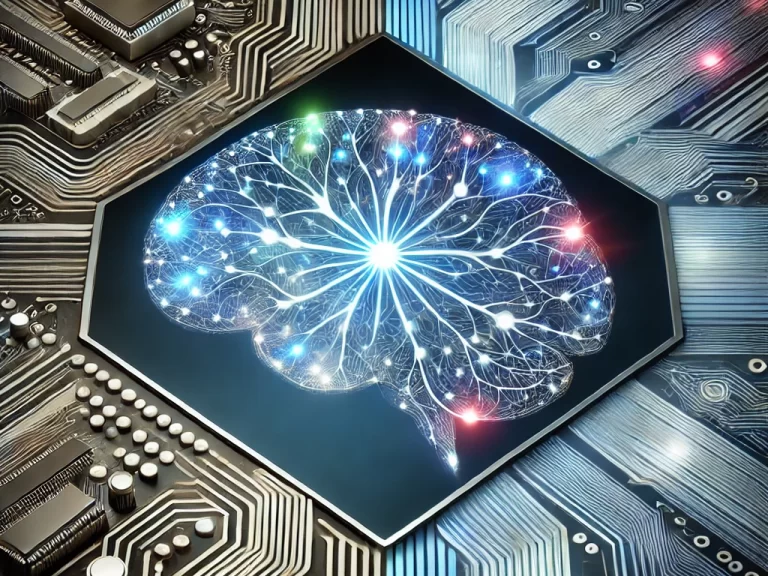In the dynamic realm where biology meets technology, the synergy between these domains has birthed a transformative field known as bioinformatics. This intersection heralds a new era, where technological advancements, particularly in artificial intelligence (AI) and data science, propel biological research and revolutionize healthcare through fields like genomics and proteomics.
Understanding Bioinformatics
Bioinformatics serves as the bridge connecting biology and technology, harnessing computational tools and techniques to analyze and interpret biological data. Its core lies in processing vast amounts of biological information, unraveling patterns, and extracting meaningful insights critical for scientific discovery and medical breakthroughs.
Role of Technology in Advancing Biological Research
1. Genomics: Decoding the Language of DNA
Genomics, a cornerstone of bioinformatics, involves sequencing and analyzing an organism’s complete DNA to understand genetic variations, hereditary traits, and disease susceptibilities. Technology-driven advancements, such as high-throughput sequencing and AI-driven algorithms, have accelerated genomic research, enabling scientists to map genomes more rapidly and accurately than ever before.
2. Proteomics: Unraveling Protein Complexity
Proteomics delves into the study of proteins, their structures, functions, and interactions within biological systems. AI and data science play pivotal roles in analyzing vast proteomic datasets, predicting protein structures, and deciphering intricate protein networks. These advancements hold promise in drug discovery, disease diagnosis, and personalized medicine.
The Impact on Healthcare
1. Precision Medicine: Tailoring Treatment
Bioinformatics empowers precision medicine by leveraging genetic and molecular information to tailor treatments according to an individual’s genetic makeup. AI algorithms analyze patient data, predict disease trajectories, and recommend personalized therapies, offering targeted interventions for better patient outcomes.
2. Disease Understanding and Drug Discovery
Technological advancements in bioinformatics expedite the understanding of diseases at a molecular level. AI-driven models identify disease biomarkers, aid in drug target identification, and streamline the drug development process, potentially reducing time and costs in bringing new therapies to market.
The Future of Bioinformatics
As technology continues to evolve, bioinformatics stands at the forefront of innovation. Advancements in machine learning, big data analytics, and computational biology will further propel biological research, enabling deeper insights into complex biological systems and accelerating advancements in healthcare.
Conclusion
Bioinformatics epitomizes the synergy between biology and technology, unleashing a wave of possibilities in understanding life’s intricacies and improving human health. The marriage of AI, data science, genomics, and proteomics heralds a new frontier in scientific discovery, promising a future where technology and biology intertwine to unravel the mysteries of life itself.
In this era of boundless innovation, bioinformatics stands as a testament to the limitless potential when science and technology collaborate in pursuit of a healthier and more informed world.












